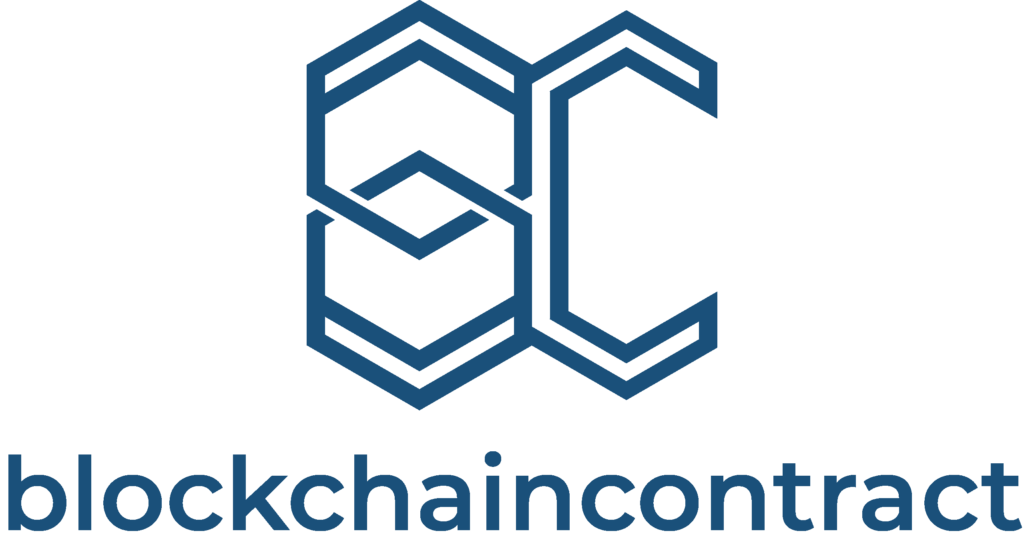One of the most recurrent concepts when talking about digital transformation and Fintech is blockchain. But what does the adoption of this technology mean for businesses and users?
Today's financial institutions, while immersed in a complete digital transformation - to a greater or lesser degree, and with greater or lesser success - still have a long way to go to catch up with all the possibilities that today's technology makes available to them.
One of the most disruptive technologies to emerge is the blockchain, which, in very simple terms, consists of a distributed database that comprises an ever-growing and continuously updated list of ordered records. These records are stored securely and privately and constitute a huge history of all transactions, investments, trades, contracts and any other financial operation that has a digital trail.
Access to these records is via a peer-to-peer system, i.e. it is a decentralised communication, established directly between the two parties without the need for an intermediary.
The benefits that Blockchain technology can bring us
The financial system, despite the progress of digital transformation, is still slow and complex. It is also one of the sectors that suffers most from online fraud. It is still, despite efforts, a digitally inefficient system.
But blockchain technology can not only be a technological breakthrough, it can transform banking and financial services as we understand them today. And we say "we can" not because there is any doubt about the potential of this technology to bring about these changes, but rather, when and how it will be fully integrated into our daily lives.
In a very simplified way, this technology brings many advantages:
- It allows two users to conduct transactions without intermediaries (such as banks or government entities, for example).
- It reduces transaction costs.
- It limits the risk of online fraud.
- It simplifies operations and increases the speed of transactions.
- It will extend the reach and access to financial services worldwide, for all.
The application of blockchain in the business world has enabled economic transactions and corporate finance without relying on the traditional financial system, as well as improving contract management and securing company and customer information.
The Benefits of Blockchain for the Banking and Financial Sector.
Security : The blockchain-based architecture eliminates "single points of failure" and reduces the need to put data in the hands of intermediaries.
Transparency : The blockchain standardises shared processes and creates a single source of truth, shared by all network participants.
Confidence : transparent registers facilitate collaboration and agreement between the different parties.
Programmability : Blockchain enables secure process automation through the creation and execution of smart contracts.
Confidentiality : The privacy technology enabled by blockchain allows selective sharing of data between companies.
Performance: the networks are designed to support a high number of transactions and, in turn, support interoperability between different chains, creating an interconnected network of blockchains.
The impact of blockchain on global trade finance
Participation in global trade is very demanding due to a large number of global rules and guidelines imposed on traders and exporters. The monitoring of goods and their movement at every stage requires manual cycles, loaded with handwritten documentation and ledgers.
Blockchain technology allows members of the finance industry to exchange data at a higher level of simplicity through a common ledger that accurately tracks products moving around the world. By untangling and smoothing out the mysterious world of trade accounts, blockchain innovation can save traders, exporters and different organisations a lot of time and money.


